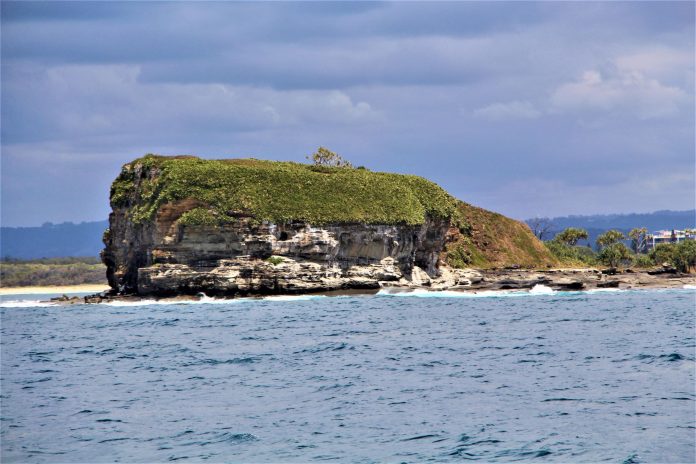The state government is considering the future of an increasingly popular reef off the Sunshine Coast, amid calls for permanent moorings.
The Department of Environment, Science and Innovation said it was assessing possible protective measures at Mudjimba Reef, which has become a drawcard for boaties and tourists.
The department has conducted a feasibility study after Maroochydore MP Fiona Simpson and community members called for permanent moorings to be installed at the reef to stop boaties from “ripping it up” with their anchors.
The reef, off Mudjimba Island, is easily accessible. It is just 1km offshore and 7km from Mooloolaba Harbour.
It provides habitat for many marine species and is a recognised Fish Habitat Area.
Do you have an opinion to share? Submit a Letter to the Editor at Sunshine Coast News via news@sunshinecoastnews.com.au. You must include your name and suburb.
A DESI spokesperson said its study indicated that anchors had not caused damage, but it was committed to protecting the reef from possible impacts in the future.
“The DESI recently completed a feasibility study into potential actions to improve the protection of Mudjimba Reef from anchor damage and is currently considering next steps,” the spokesperson said.
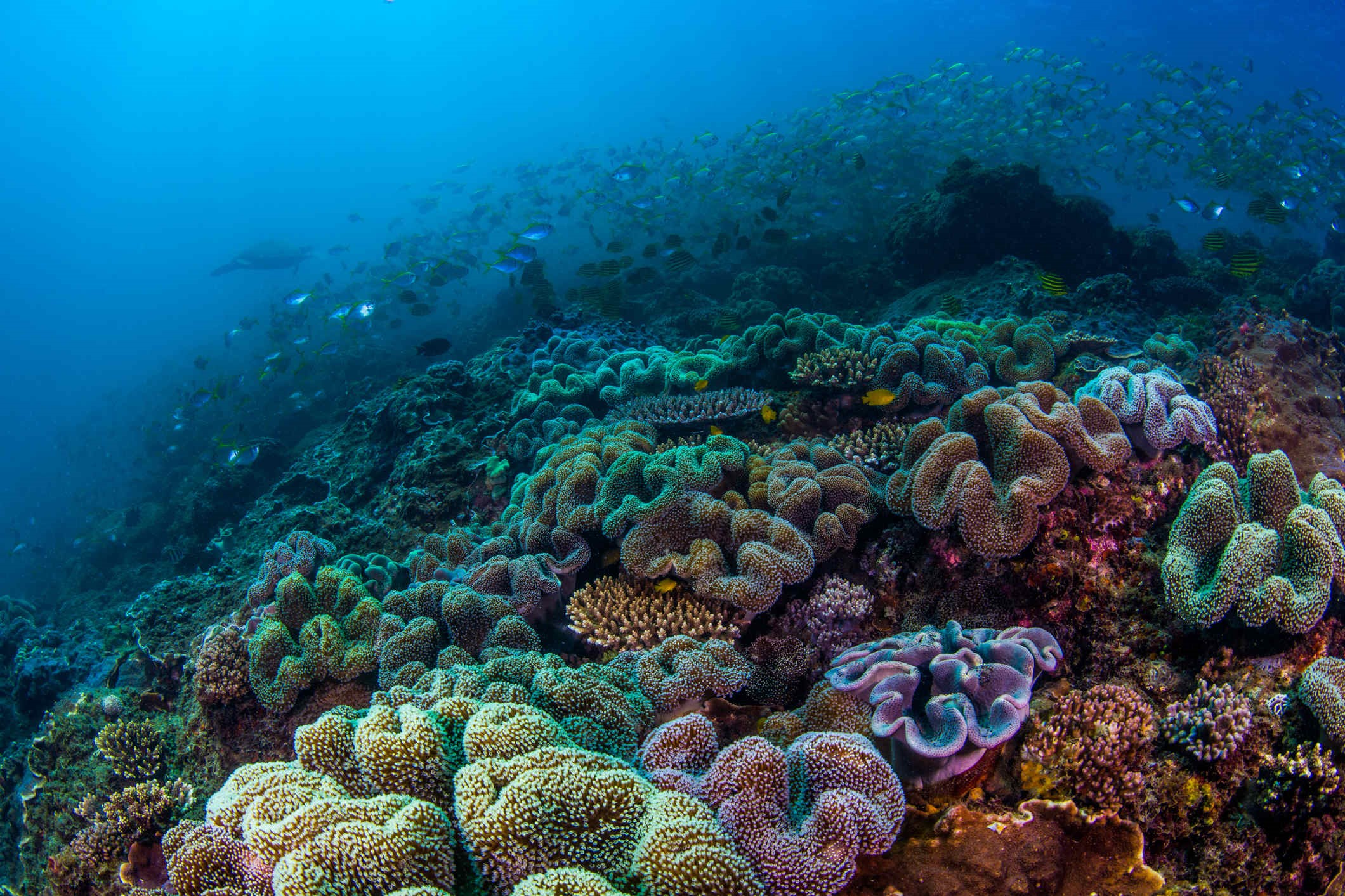
“During the surveys, rangers and external researchers from the UQ UniDive Club did not observe any anchor damage to the reef, which is a positive sign.
“As the area is a popular site for boat-based activities such as fishing, snorkelling and diving, surfing and general sightseeing, the department is committed to working with local stakeholders to ensure the reef’s protection from future potential impacts.”
The DESI study came after Ms Simpson led a deputation to Parliament House last year, calling for the installation of the moorings. She also started a petition requesting the state government act to install moorings.
Ms Simpson said action was needed.
“The idea of the permanent moorings is to stop people dropping anchors on the reef and ripping it up, by requiring people to using these moorings instead,” she said.
“It would still allow access to this natural treasure.
“This beautiful coral reef truly is home to some of our environment’s special beauties.”
She said locals were worried about the reef and its ecosystem.
“Recently, the Marcoola Community Association also hosted a discussion about the island and its surrounds, with presenters showing underwater photos of the sea life below,” she said.
“More than a 100 people attended.”
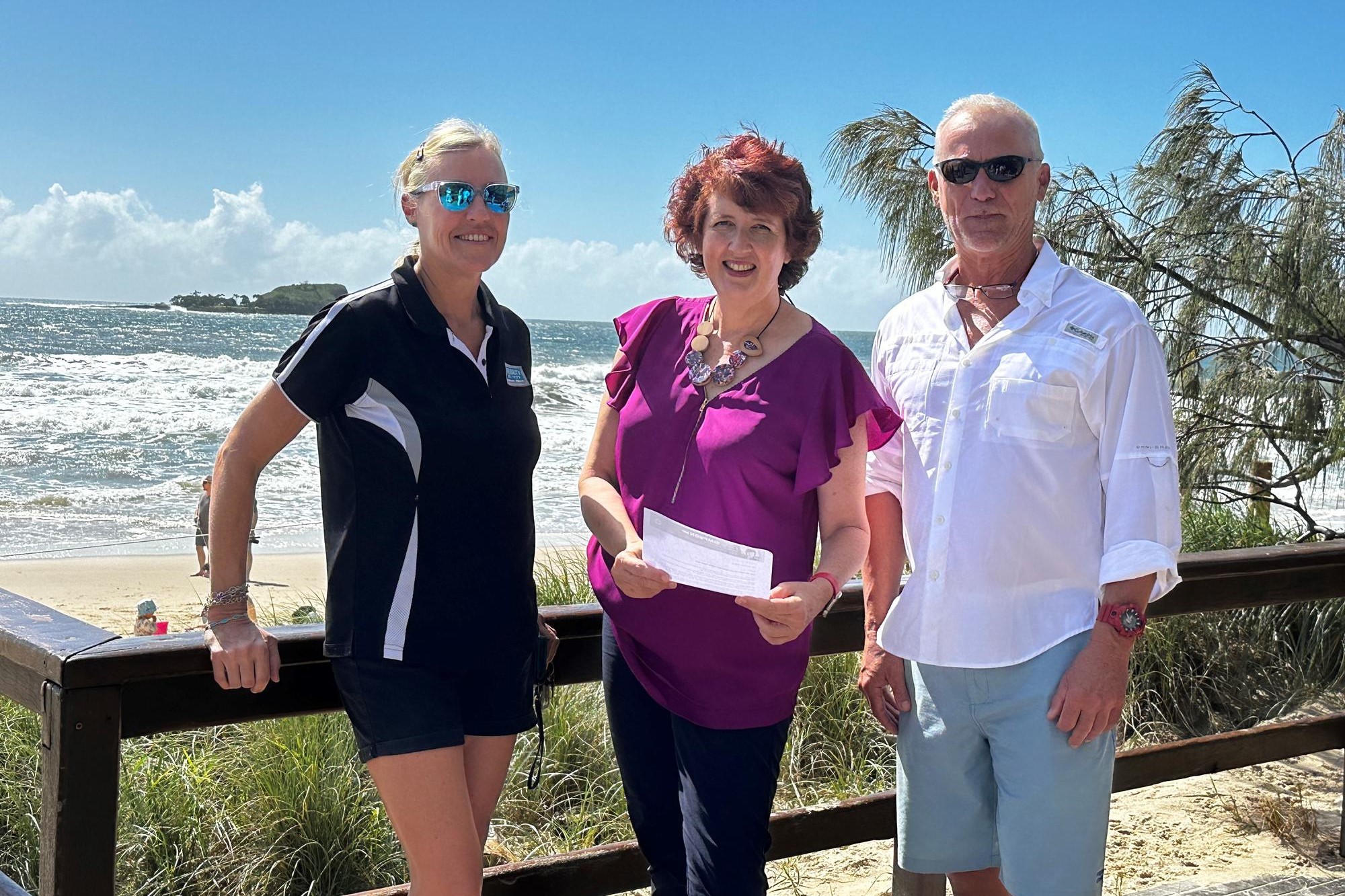
University of the Sunshine Coast senior lecturer in bioscience Alexandra Campbell outlined how precious, and popular, the area is.
“The reefs of Mudjimba Island are a lovely example of the subtropical marine ecosystems that are typical of the Sunshine Coast,” she said.
“The ocean floor is covered in subtropical and tropical species of coral, seaweeds and in areas with sand, seagrasses.
“Because of its proximity to the coastline, Mudjimba Island is a popular spot for scuba divers, snorkellers and fishers. There’s a rock wall between 5m and 16m depth that is particularly attractive to scuba divers.
“Mudjimba is also an excellent place to visit if you like to spot sea turtles.
“As our population grows, the popularity of Mudjimba Island is also likely to increase.”
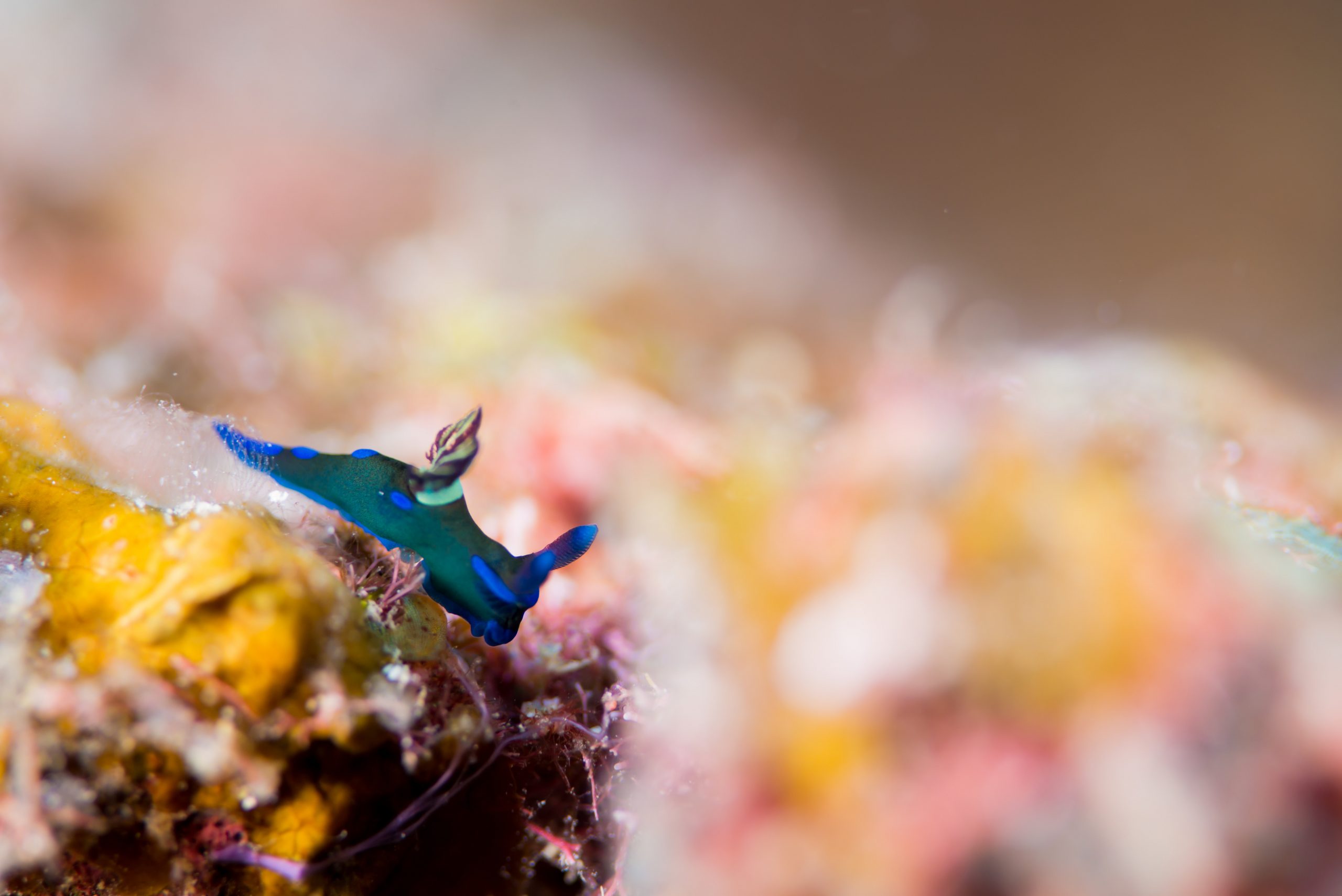
She said anchors could cause significant damage.
“Recreational boats need to drop anchor when visiting the island to ensure safety of the vessel and the people on board,” she said.
“Most anchors work by physically grabbing on to three-dimensional objects and features on the bottom, such as rocks and corals, or by digging into the sand.
“This process can cause inadvertent damage to the reef or seagrass habitats.
“Scour from chains attached to anchors are known to damage all ecosystem types in which boats anchor.
“Although to my knowledge this has not been studied at Mudjimba Reef specifically, there is evidence from similar places in Australia and globally that boat anchoring does have a measurable and significant impact on the reefs below.
“For example, damage from boats including anchoring and infrastructure including moorings are listed as two of the top six impacts of marine tourism on the Great Barrier Reef.”
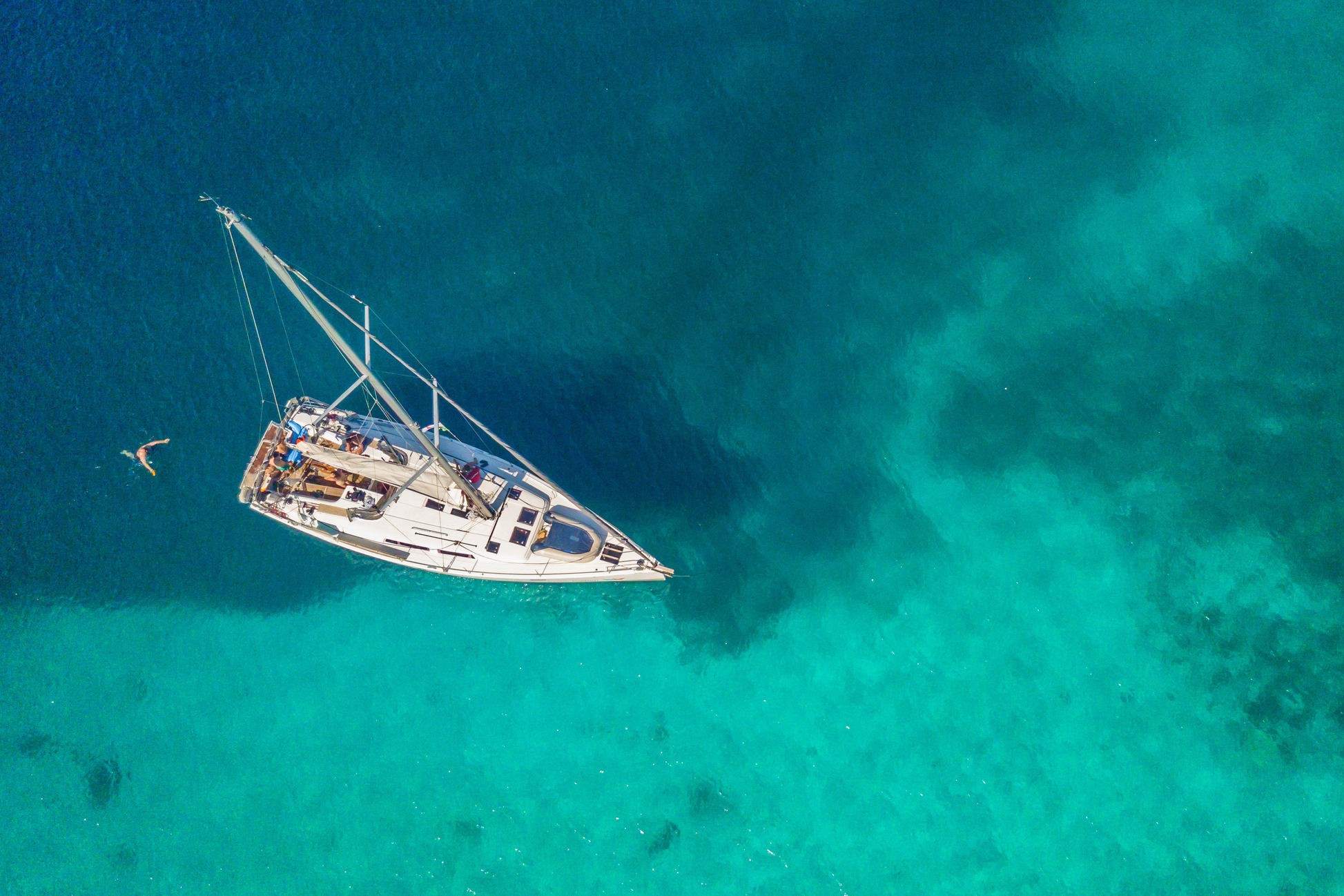
She said Queensland reefs in general had suffered from the effects of people.
“Marine ecosystems have been severely impacted by other human activities,” she said.
“In particular, ocean warming due to climate change, overfishing and land use changes, which can directly impact water quality, all have consequences for the ecosystems and organisms beneath the waves.
“Reefs on the Sunshine Coast have changed dramatically over the past 50 years.
“Entire ecosystems have disappeared, including the loss of underwater seaweed forests and dramatic declines in the numbers of large sharks residing in and visiting the area.”
Dr Campbell said there were no rules surrounding local reefs.
“There are many local management plans in place to try to protect marine environments off the Sunshine Coast, mostly by modifying how we live on the land, but reefs in our region are not protected by any state or federal marine protected areas and as far as I am aware, there are no specific rules or restrictions around anchoring at Mudjimba Island,” she said.
“As far as I can tell, there has only been one study exploring how the addition of permanent moorings onto a site effects anchor damage.”
Dr Campbell said moorings could make a difference.
She pointed to a paper by academic Graham Forrester in 2020, which found “moorings led to more boats visiting the site, but that fewer boats were anchoring at the site and therefore, the amount of damage decreased”.
“They concluded that permanent mooring could be a valuable part of marine management plans and could reduce damage from anchors, but that further research was needed to understand how,” it said.
Dr Campbell said a recent review made recommendations for marine managers to adopt a multifaceted approach to reduce the impact of anchoring.
“These included: designated anchorage (i.e. permanent moorings); prohibition of anchoring in key or sensitive locations; use of ‘trolling’ engines to minimise the need for anchoring; innovation in mooring type (e.g. environmentally friendly moorings) to reduce environmental impacts; and improvements in seabed mapping to facilitate informed management decisions,” she said.
Help keep independent and fair Sunshine Coast news coming by subscribing to our FREE daily news feed. All it requires is your name and email at the bottom of this article.


